Survey of hospitals along the South Coast of Sri Lanka
18 April 2019
A team of researchers from UCL EPICentre in collaboration with University of Moratuwa Sri Lanka (UoM-SL) carried out a survey of hospitals along the South Coast of Sri Lanka, which was severely hit by the 2004 Indian Ocean Tsunami.
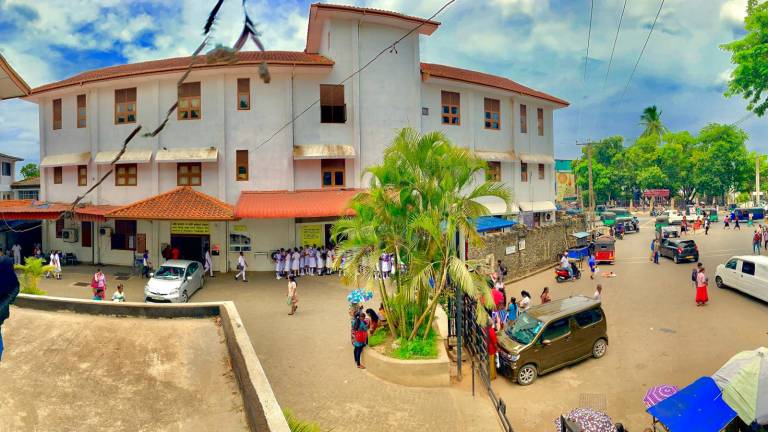
A team of researchers from UCL EPICentre in collaboration with University of Moratuwa Sri Lanka (UoM-SL) carried out a survey of hospitals along the South Coast of Sri Lanka, which was severely hit by the 2004 Indian Ocean Tsunami. The fieldwork activity is part of the ‘Hospital Engineering Assessment for Resilience to Tsunami and Storm surge - Sri Lanka’ (HEARTS-SL) project (PI: Prof Tiziana Rossetto, Co-PI: Dr Carmine Galasso [CEGE], Prof Ian Eames [Mech Eng]), funded by the UCL Global Challenges Research Fund (GCRF).
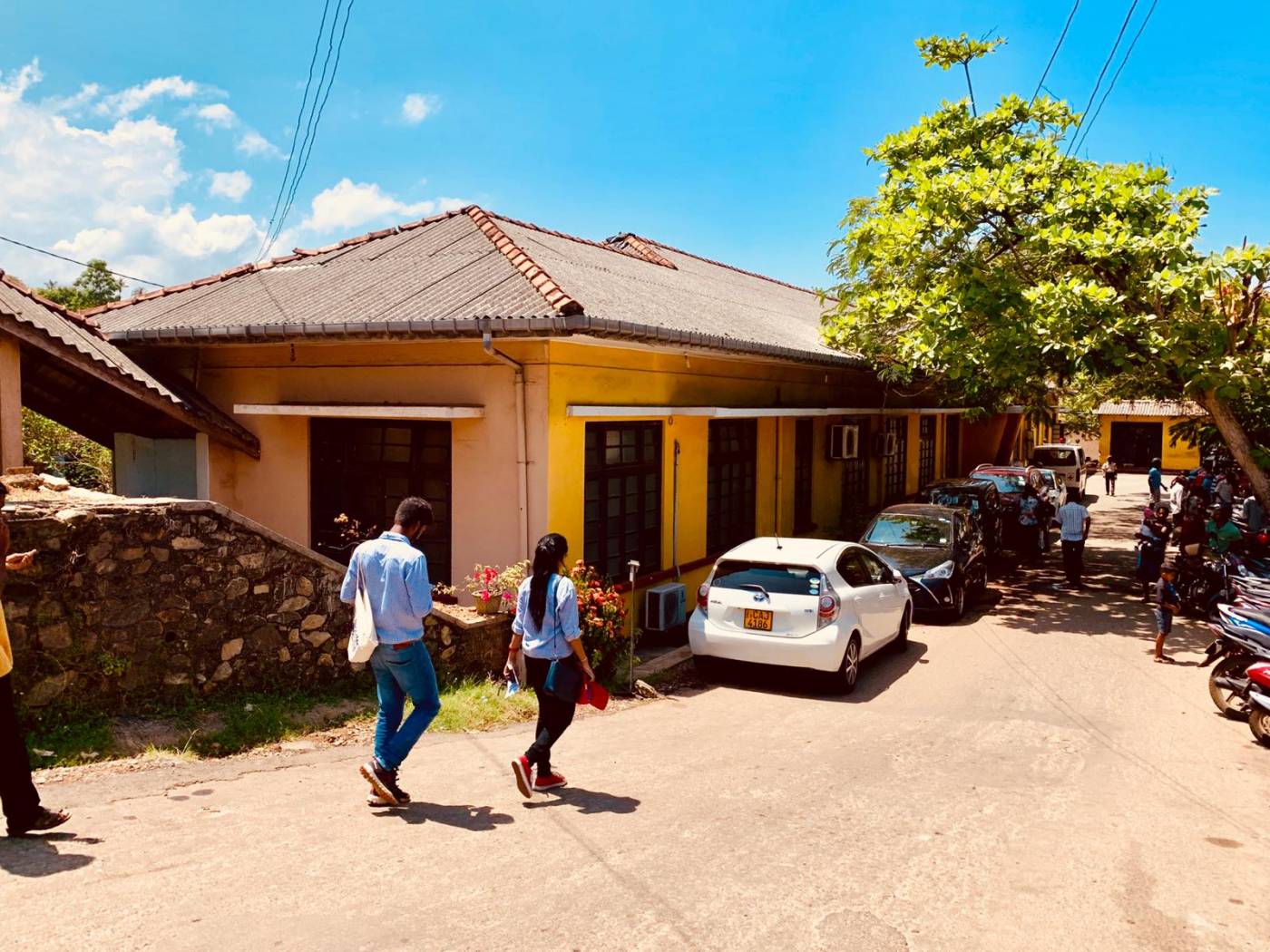

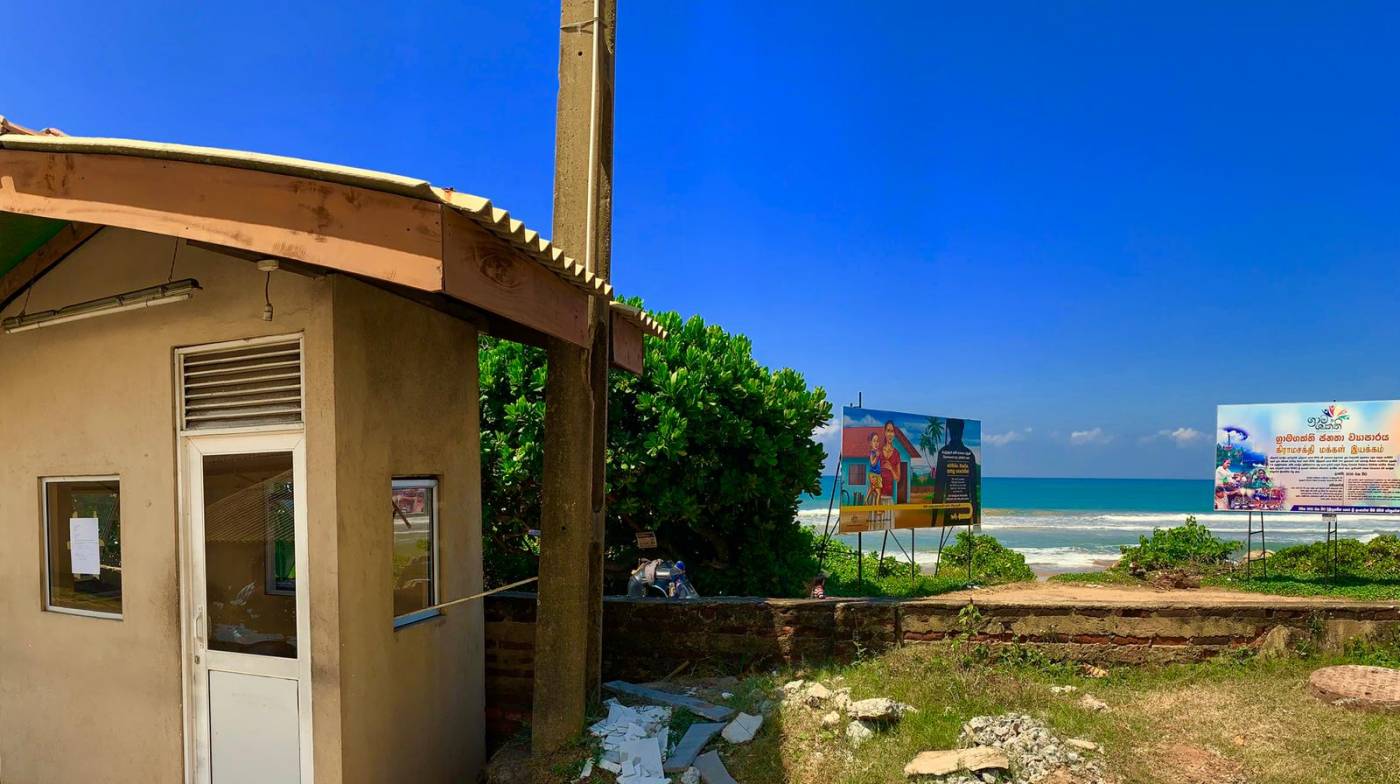
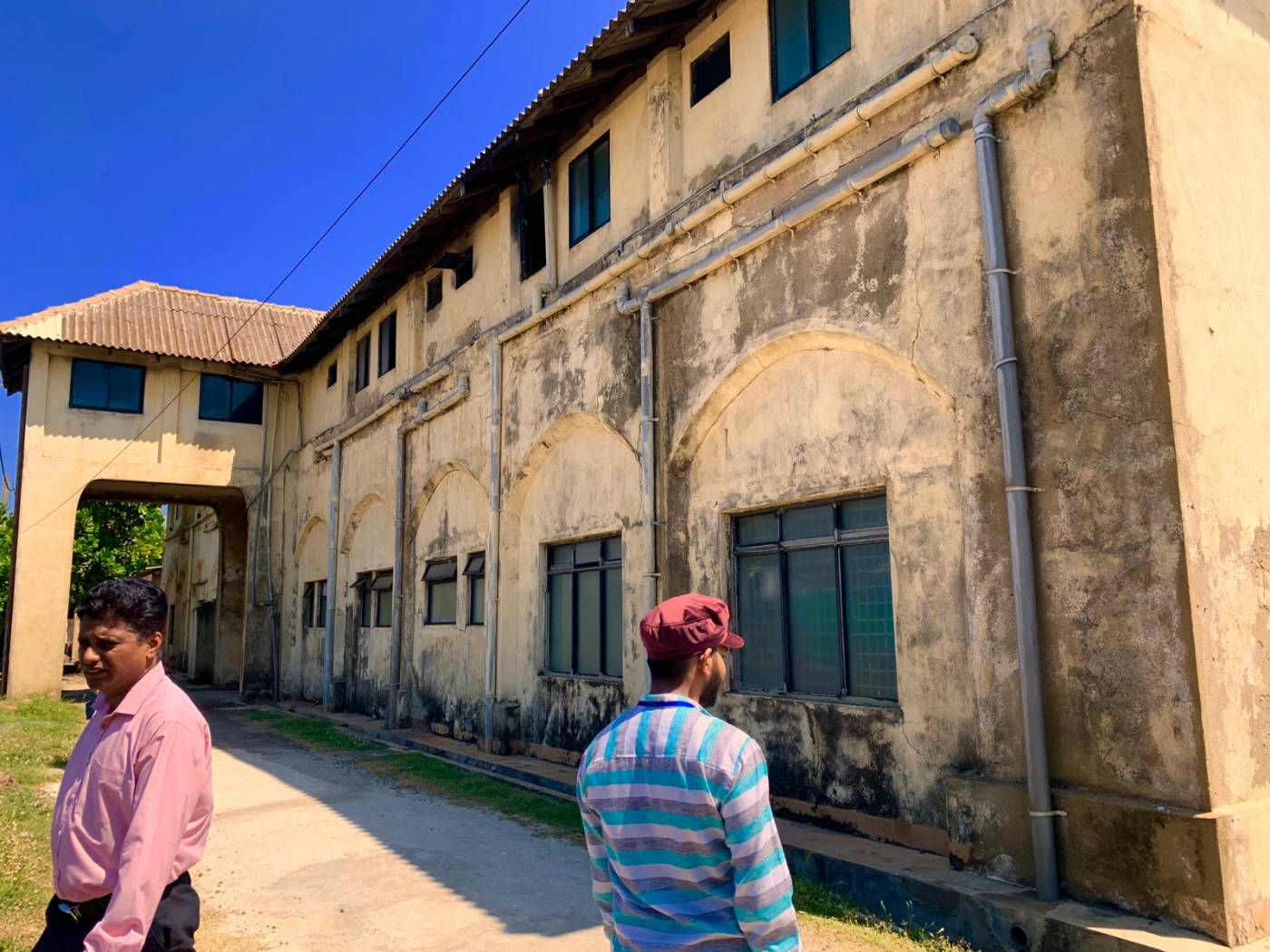

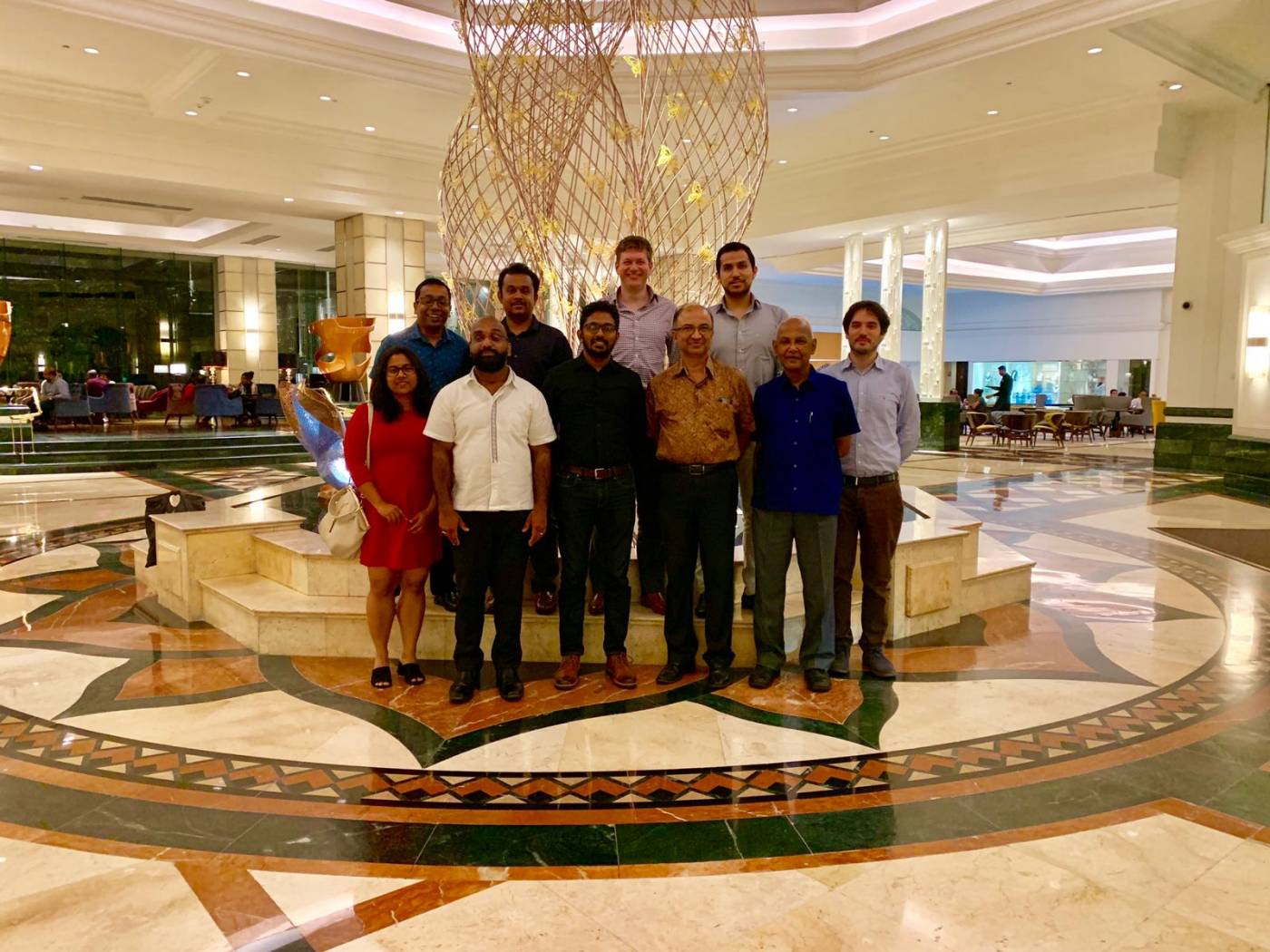
HEARTS-SL is developing an evidence base on the vulnerability of hospitals in Sri Lanka to tsunami and storm surge, with the aim of opening discussions with the Sri Lanka Ministry of Health (SL-MoH) and other key stakeholders on how to improve the hazard resilience of critical hospital services. SL-MoH in collaboration with World Health Organization (WHO) is working to better prepare the health sector for emergencies, through the development of a comprehensive national disaster management plan. HEARTS-SL will strengthen current initiatives that include the adaptation of WHO “Safe Hospital” guidelines for Sri Lanka, conducted by University of Moratuwa in collaboration with SL-MoH Disaster Preparedness and Response Division (DPRD).
A bespoke Rapid Visual Survey (RVS) form was used for characterising existing hospital facilities, in terms of their functional and structural vulnerabilities to tsunami and storm surge. A team of researchers from UCL EPICentre (Dr Marco Baiguera, Dr David Robinson, Mr Juan Palomino) in collaboration with a team of graduate researchers (led by Dr Chandana Siriwardana, UoM-SL), visited six hospitals in Galle and Matara districts between 8 and 12 April 2019. The survey, authorised and supported by SL-MoH DPRD, focused on the most critical hospital units that have priority for evacuation in case of a disaster according to SL-MoH, i.e. Intensity Care Unit (ICU), Premature Baby Unit (PBU), Labour Rooms, Maternity Ward, Pediatric Ward, Operating Theatres. The survey data will inform the development of a Hospital Vulnerability Index, which will provide a relative risk measure of the healthcare system to tsunami and storm surge.
 Close
Close

